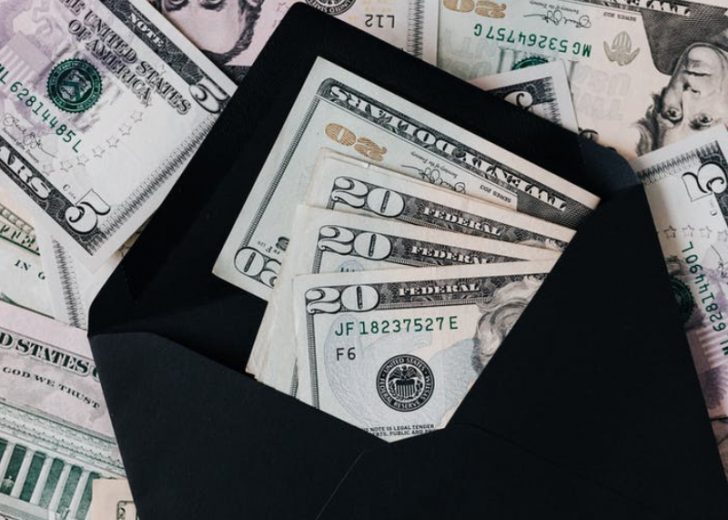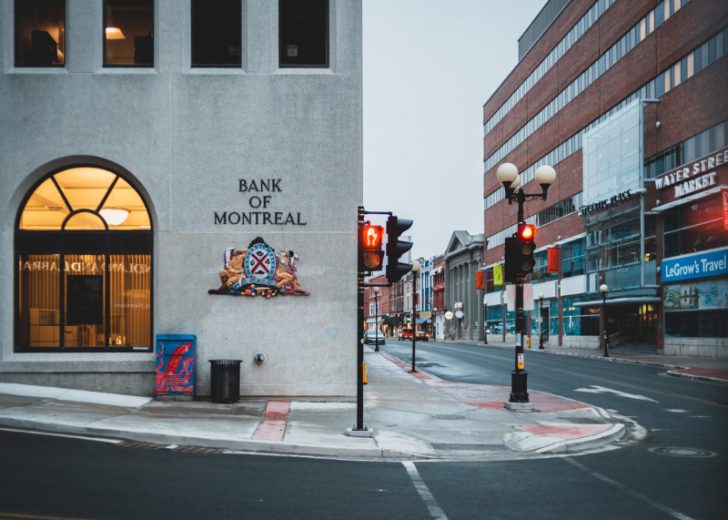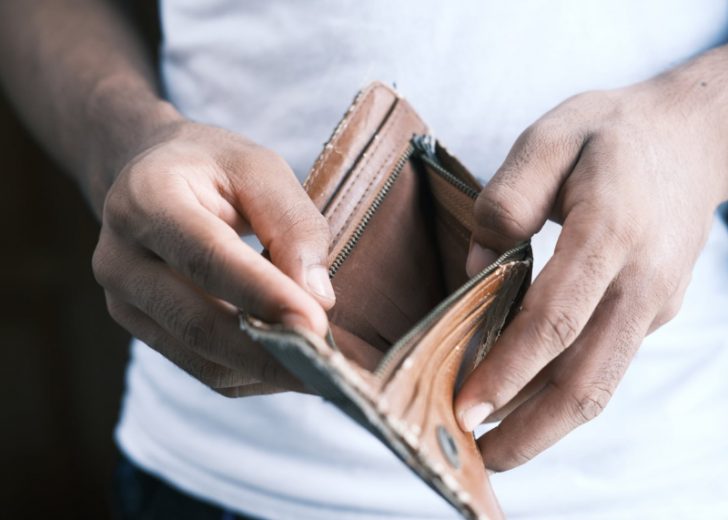Depending on the total debt, substantial questions arise. If among the millions laid off due to COVID-19, bankruptcy erases bills and keeps retirement accounts intact. Do not worry about losing stimulus funds as the law for bankruptcy “recovery rebate” protects tax credits, child credits and stimulus checks. Bankruptcy lawyers consult you online now, and courts now hold 341 creditor meetings via the phone or via conferencing, unless in-person meetings are required. Streamline research to identify potential issues before filing your bankruptcy case.
Jobless and Deep in Debt; will Chapter 7 bankruptcy help?

If incurring significant debts, do wait before filing for Chapter 7 bankruptcy. Though most current debts are discharged in bankruptcy, debts incurred after filing for bankruptcy, are excluded. You cannot file for bankruptcy for eight years after filing an earlier Chapter 7 discharge, as you will be repaying those debts for years. It makes sense to delay bankruptcy filing to resolve all debt issues.
Will bankruptcy stop harassment from Debt collectors?
Bankruptcy’s automatic stay ensures creditors/ debt collectors ceasing collection efforts from you for the entire bankruptcy period. An alternate route under the Fair Debt Collection Practices Act stops debt collectors from contacting you. Send a letter to the collection agency to cease contacting you as this prohibits agency employees from contacting you, except to inform ending collection efforts or that collection agency /original creditor intends to sue /seek appropriate legal remedies. This applies only to debt collectors as creditors can contact you, except in states that also give this remedy to collection agencies and original creditors.
Can I Retain my property if filing for bankruptcy?

If filing for Chapter 13 bankruptcy, one has to repay all or at least most of your debts with a court- approved repayment plan over 3-5 years. And you retain your property (car and home), by keeping up with all payments on loans secured by property and also repayment plan payments. This plan ensures that creditors secure through the Chapter 13 bankruptcy as much receivable in a Chapter 7 bankruptcy. In a Chapter 7 bankruptcy, you discharge most debts, but the bankruptcy trustee takes over your owned property not exempt from collection, and sells it to repay your creditors.
With impeding foreclosure, is bankruptcy the best option to save my home?
Filing for Chapter 13 bankruptcy could save your home from foreclosure. Chapter 13 bankruptcy permits mortgage arrears for late/unpaid payments, over the entire court-approved repayment plan ranging between three to five years. For a workable option, adequate income for current mortgage payments while paying off arrears is essential. If your only goal in bankruptcy is to save your home, consider other alternatives. You might manage to negotiate successfully with your lender to fix arrearages or get government moderation to modify loan terms.
Will all debts be cancelled in bankruptcy?

Much depends on the debt incurred. Bankruptcy eliminates credit card debt, medical debt, deficiencies in repossession /foreclosure, and unsecured debts. A Chapter 7 bankruptcy ensures debt discharge when bankruptcy ends but a Chapter 13 bankruptcy enables part-payment of unsecured debt, if in your repayment plan. Cancellation of debts secured by property, does not mean you can keep the property. Some debt such as child and spousal support arrears, most student loans, tax debts due previous three years are not cancelled in bankruptcy.




